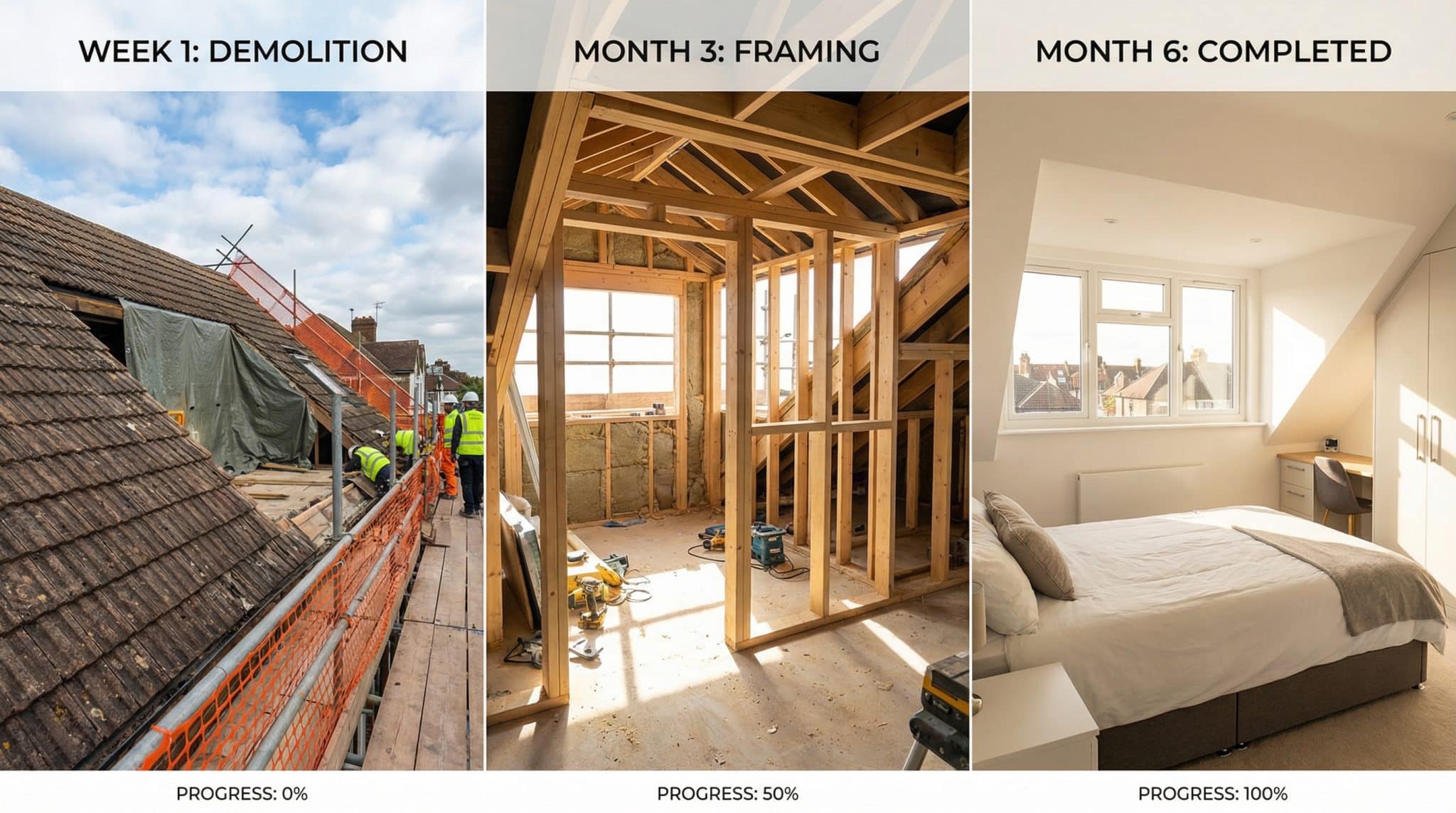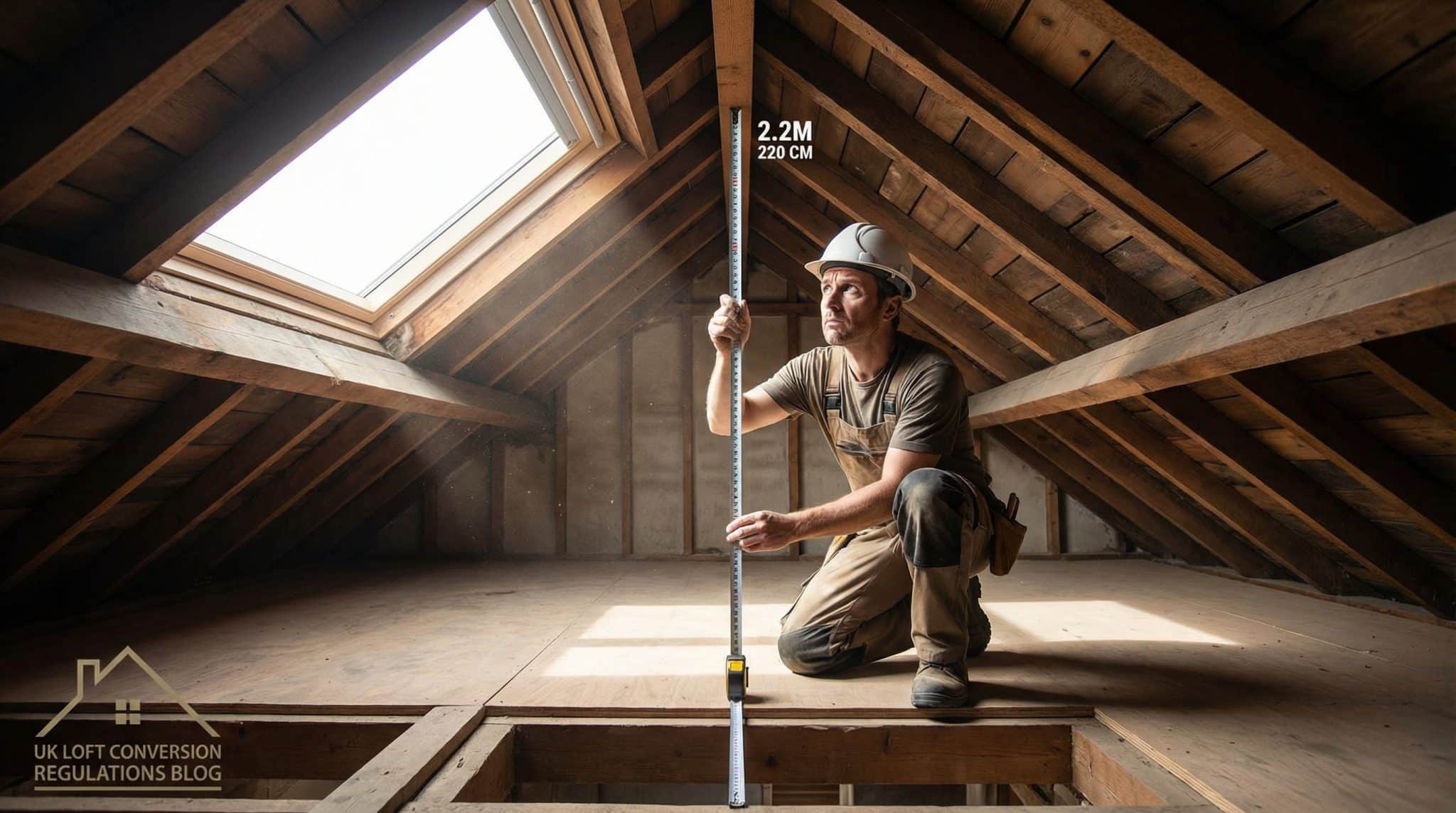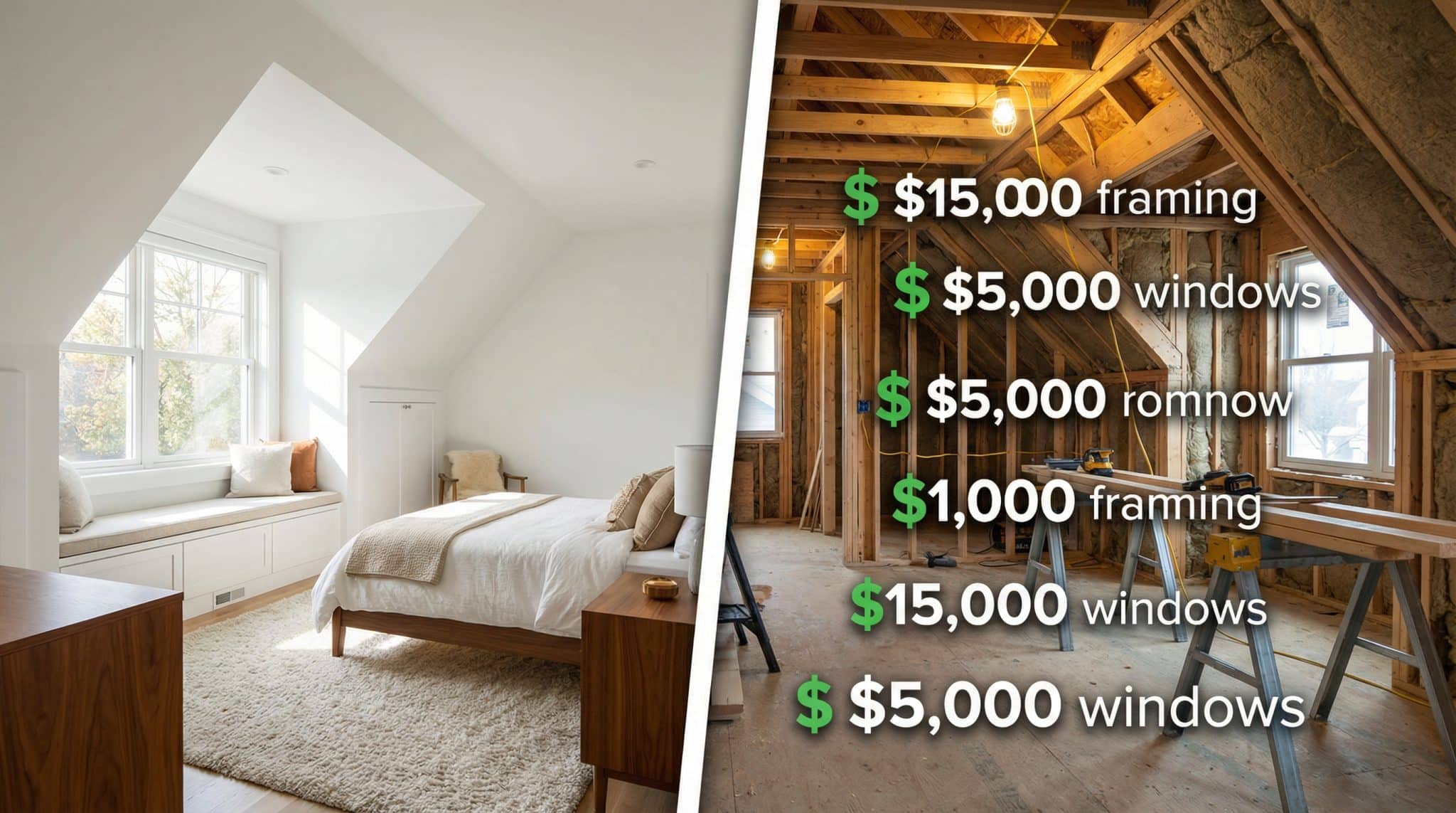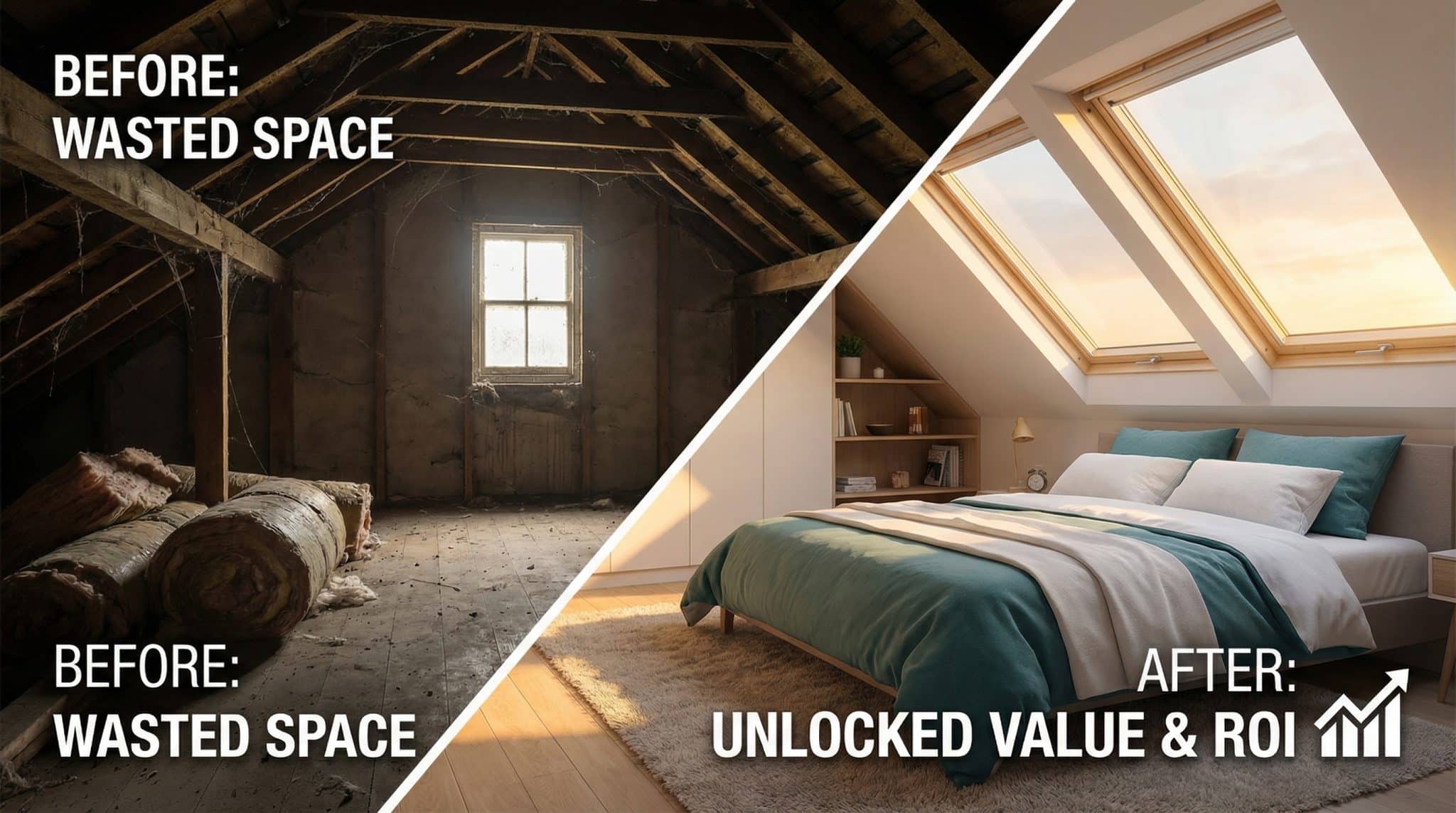Planning to rent out your property but feeling lost about where to start?
First-time landlords often face confusion about legal requirements, tenant screening, and property management.
The good news is that renting out property becomes manageable when you follow the right steps.
From fixing your home to finding reliable tenants, each task plays a crucial role in your success.
This guide walks you through essential preparations, legal processes, and practical tips for first-time landlords.
You’ll learn how to set fair rent, create agreements, and maintain your property effectively.
Whether you own an apartment or a house, these insights help you avoid common mistakes and build a profitable rental business.
What to Do Before Listing Your Rental Property?
Before advertising your rental property, walk through every room, checking electrical outlets, plumbing fixtures, and door locks. Fix broken items and apply fresh paint where needed.
Gather property ownership papers, tax receipts, building approvals, and society NOC. Keep utility bills and maintenance receipts organized in one folder.
Research rental rates through property portals and local brokers. Compare similar properties to establish a competitive rent that attracts high-quality tenants.
Essential preparation tasks
- Deep clean all rooms, including corners and ceiling fans.
- Service air conditioners and water heaters.
- Clear blocked drains and repair leaking pipes.
- Organize property papers in one folder.
- Take meter readings for all utilities.
- Remove personal belongings from storage spaces.
- Test all switches and electrical points.
Legal Steps to Rent out A Property
Follow these essential legal requirements before renting your property to ensure compliance with local regulations and protect yourself from potential disputes
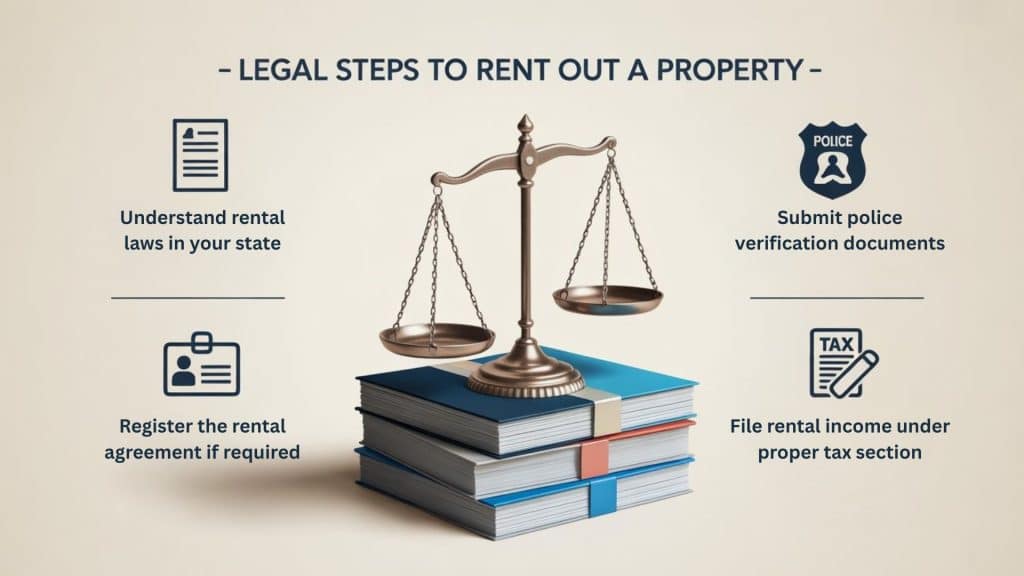
Proper documentation ensures smooth tenancy operations and protects your investment while establishing clear expectations between landlords and tenants from the start
1. Registration Requirements
Formal registration of rental agreements provides legal validity and helps prevent future disputes.
Most jurisdictions require registration for leases exceeding specific duration thresholds, typically those lasting longer than a certain period.
The registration process creates an official record of the tenancy terms and conditions. This documentation serves as crucial evidence in the event of disagreements between landlords and tenants.
Steps for registration
- Draft a comprehensive rental agreement, including all terms.
- Obtain the required official documentation or stamps.
- Secure signatures from all parties involved.
- Submit documents to the appropriate registration office.
- Pay the applicable registration fees.
- Collect the officially registered copy after processing.
Keep copies of all registered documents in a safe location. These papers serve as proof of the legitimacy of your rental arrangement.
2. Police Verification Requirements
Many jurisdictions require background checks or verification procedures for new tenants. This process helps ensure property security and community safety.
Submit the tenant’s information, including identity documents, photographs, and copies of the rental agreement, to the relevant authorities.
Complete this process within the specified timeframes to avoid potential penalties or fines.
Verification protects both property owners and neighborhoods. It creates a safer rental environment for everyone involved.
3. Tax Obligations
Rental income forms part of taxable income and requires an annual declaration. Property owners are required to report all rental income according to local tax regulations.
Landlords can claim expenses like maintenance, repairs, insurance, and management fees. Keep detailed receipts and documentation for all deductible expenses.
Different rules apply to residential versus commercial rentals. Maintain accurate records and consult tax professionals for proper compliance.
11 Tips for Renting out A Property for The First Time
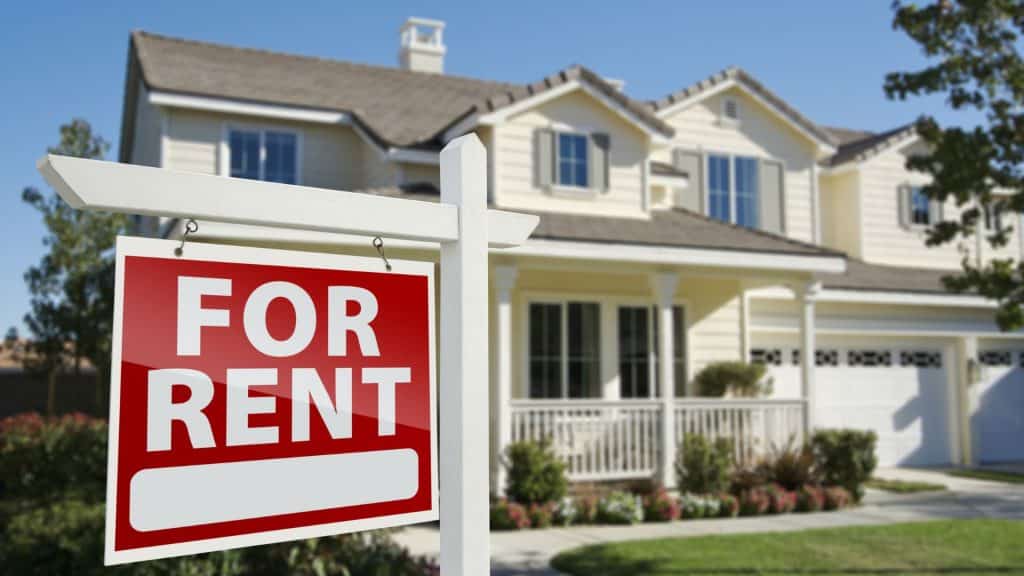
These practical tips help first-time landlords avoid common mistakes and build successful rental businesses. Each step contributes to finding reliable tenants and maintaining profitable properties.
1. Fix and Clean the Home Before Listing
A clean, well-maintained property attracts better tenants and commands higher rent. Deep cleaning creates positive first impressions during viewings.
Focus on scrubbing bathrooms, replacing broken switches, and touching up paint. Fresh, neutral colors make spaces look larger and appeal to a wider range of renters.
Essential cleaning tasks
- Service boilers and heating systems before the tenant moves in.
- Clear gutters and outdoor drains to prevent water damage.
- Steam clean carpets throughout the property for a fresh appearance.
Professional cleaning services ensure thorough preparation and faster tenant placement. Minor repairs prevent future complaints and justify competitive rent rates.
2. Learn the Local Rental Laws
Each region has unique rental laws governing deposits, eviction procedures, and rent increases. Understanding these rules prevents legal troubles and costly mistakes.
Contact local councils or visit government websites for accurate information. Landlord associations guide current regulations and recent changes.
Key areas to research
- Deposit protection schemes must be used within thirty days.
- Energy performance certificates are legally required before a property is marketed.
- Safety certificates for gas and electricity need annual renewal.
Familiarize yourself with tenant rights and landlord responsibilities before advertising your property. Proper knowledge ensures smooth tenancy and protects your investment.
3. Get Society or Local Approval if Needed
Some properties require permission from a management company or council before renting. Check lease terms for any restrictions on subletting or tenancy types.
Submit applications with proof of ownership and proposed tenant details as required. Processing times vary, so it’s best to start early to avoid delays.
Common approvals needed
- Leasehold properties often require freeholder consent before being rented out.
- Conservation areas may have specific rules about property changes.
- HMO licensing is required when renting to multiple separate tenants.
Factor approval timelines into your rental planning. Missing permissions can result in fines or the termination of tenancy.
4. Set a Fair Rent Using Local Rates
Research similar properties through online portals and local estate agents. Compare based on size, condition, location, and included amenities.
Properties near transport links and good schools command premium rates. Furnished rentals typically earn more than unfurnished ones.
Pricing considerations
- Local market demand affects how quickly properties get rented.
- Seasonal fluctuations mean summer often brings more tenant interest.
- Including utilities in rent simplifies billing, but it also increases the rent price.
Start slightly above the target rent to allow negotiation room. Monitor market response and adjust accordingly within the first few weeks.
5. Make a Simple Rental Agreement
Clear tenancy agreements prevent misunderstandings and provide legal protection for both parties. Include tenant details, rent amount, deposit terms, and maintenance responsibilities.
Standard agreements cover most situations but may need customization. Add specific clauses about pets, smoking, or property-specific rules.
Essential agreement elements
- Notice periods should be clearly stated for both parties.
- Rent review terms prevent disputes about future price increases.
- Maintenance duties must clearly specify the responsibilities of both the landlord and the tenant.
Professional legal review ensures comprehensive protection for valuable properties. Proper agreements save time and money in the event of disputes.
6. Click Clear, Honest Photos for The Listing
Quality photographs increase enquiries and reduce time-wasting viewings. Shoot during bright daylight with all lights switched on.
Capture each room from corners to show maximum space. Include outdoor areas, storage spaces, and parking facilities.
Must-have photos
- Every room is photographed from multiple angles, showcasing the entire floor space.
- Kitchen photos must clearly show all included appliances working.
- Bathroom images should display cleanliness and properly working fixtures.
Honest representation builds trust and attracts serious tenants. Misleading photos waste everyone’s time and damage the landlord’s reputation.
7. Post on Trusted Rental Sites
Major property portals reach serious tenants actively searching for homes. Free sites work, but they often attract less committed inquirers.
Write detailed descriptions highlighting property strengths and nearby amenities. Include council tax band and EPC rating information.
Effective listing strategies
- Create descriptive titles that clearly mention the area and property type.
- Specify the exact date when the property becomes available for occupancy.
- State policies on pets and smoking to filter enquiries.
Track which platforms generate quality leads for future reference. Focus marketing efforts on sites bringing the best results.
8. Screen Tenants Before Saying Yes
Thorough screening prevents rent arrears and property damage issues. Verify employment, request references, and check previous rental history.
Meet prospective tenants in person when possible. Trust your instincts if something feels wrong during interactions.
Essential screening checks
- Verify employment status and that the monthly income meets rent affordability.
- Contact previous landlords for honest feedback about tenant behavior.
- Review credit reports to identify any patterns of payment issues.
Professional referencing services offer comprehensive checks at a small fee. Proper vetting saves significant problems throughout the tenancy duration.
9. Choose How You’ll Collect Rent
Standing orders provide a reliable and automatic monthly payment. Bank transfers offer flexibility but require the tenant to take action each month.
Set precise payment dates and communicate consequences for late payment. Most landlords prefer payments between the first and the fifth of the month.
Payment method options
- Direct debit gives landlords control over payment collection timing.
- Bank transfers provide instant confirmation when rent is paid.
- Specialized apps track payments and send automatic reminder messages.
Document all transactions for tax records and potential disputes. Consistent collection methods establish professional landlord-tenant relationships.
10. Make an Inventory with Item List
Detailed inventories protect deposits and prevent end-of-tenancy disputes. Document the condition of every item with detailed descriptions and photographs.
Walk through the property with tenants during check-in, noting any existing issues. Both parties should sign and keep copies of the completed inventory.
Inventory must include
- Note furniture condition, including any existing scratches or marks.
- Record serial numbers for all electrical appliances in the property.
- Document walls, flooring, and fixtures with detailed condition notes.
Professional inventory services provide impartial records for contentious situations. Thorough documentation saves money and stress when tenancies come to an end.
11. Save All Records and Bills
Organize all tenancy documents from initial enquiry through final departure. Digital copies provide backup and easy sharing when needed.
Keep contracts, references, receipts, and correspondence in dedicated folders. Maintain records for six years for tax purposes.
Essential records to keep
- Keep signed agreements safe for the entire tenancy duration, minimum.
- File deposit certificates with proof of the protection scheme used.
- Save all maintenance receipts for tax deduction claims later.
Proper record keeping simplifies tax returns and protects against false claims. Cloud storage ensures documents remain safe and accessible anywhere.
How to Care for The Property After Renting It Out?
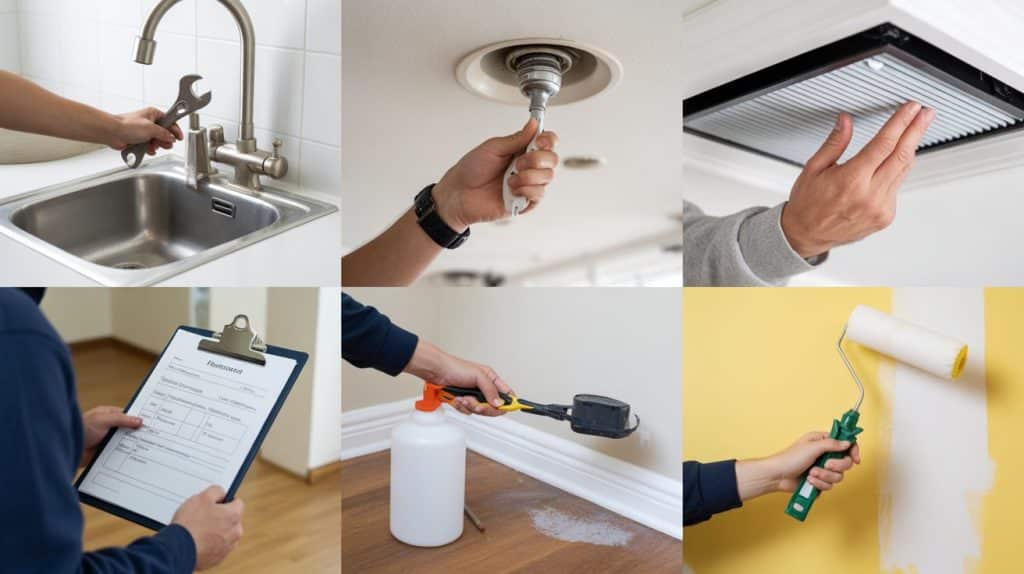
Regular maintenance helps keep your property in good shape and your tenants happy. It also reduces the chances of major repairs later.
Plan short visits every few months with prior notice. Take photos to document the property’s condition and identify any potential issues that may arise early on.
Maintenance priorities:
- Schedule quarterly property inspections with advance notice to check the overall condition.
- Arrange annual pest control treatments to prevent infestations and property damage.
- Clean water tanks twice a year to maintain safe drinking water quality standards.
- Service AC units and heaters seasonally to ensure optimal operation throughout the year.
- Fix plumbing and electrical issues immediately to prevent costly water damage.
- Plan to perform touch-up painting every few years to maintain a fresh appearance.
Conclusion
Renting out property successfully requires preparation, legal compliance, and smart management.
The steps outlined guide first-time landlords through essential tasks from property readiness to tenant screening.
Good tenants value well-maintained properties and landlords who are responsive and address concerns promptly.
Staying informed about rental laws keeps your property secure and risk-free. Each rental experience teaches valuable lessons for future success.
Stay updated on changing regulations and market rates through landlord associations and property portals.
Routine upkeep improves property life and encourages long-term tenants. Your property represents significant investment potential when managed correctly with patience and planning.
Found these tips helpful? Any thoughts or questions about renting out your property? Let us know in the comments below!
Frequently Asked Questions
Is Renting out Your First House a Good Idea?
Yes, if your property meets rental market demands. Check location desirability, maintenance costs, and potential returns before deciding to rent out your first home.
Should I Include Utilities in Rent?
Including utilities simplifies billing, but it also increases the rent amount. Research local market preferences; some areas favor inclusive rent, while others prefer separate utility payments.
What Upfront Costs Do Landlords Usually Require?
Landlords typically collect application fees, a security deposit, a pet deposit (if applicable), and move-in charges. The first month’s rent is added to the initial tenant expenses.




